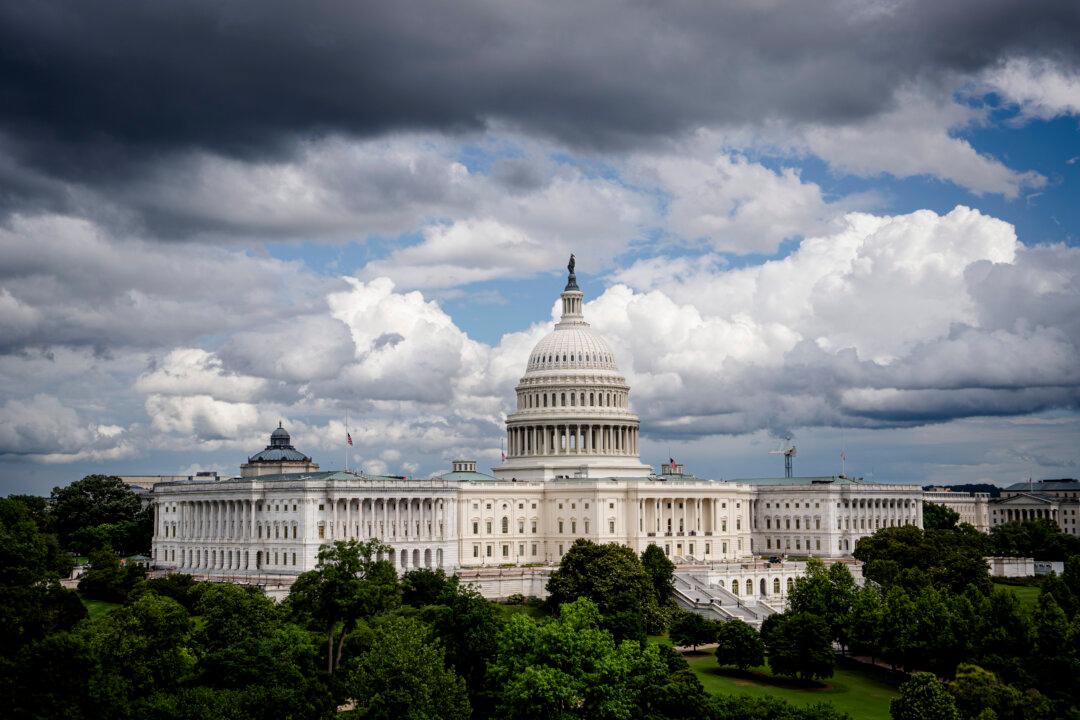Senate Republicans on June 16 released the upper chamber’s version of President Donald Trump’s tax bill, which includes a $1,000 bonus in “Trump accounts.”
If a parent or guardian doesn’t open the tax-deferred investment account, the Department of the Treasury will set up an account on the child’s behalf, the bill states. Parents would have the option to opt out of it.
At age 18, recipients could withdraw the money to put toward a down payment for a home, education, or to start a small business. If the money is used for other purposes, it would be taxed at a higher rate.
“In the case of any taxpayer with respect to whom an eligible individual is a qualifying child, there shall be allowed a one-time credit of $1,000 with respect to each such eligible individual who is a qualifying child of such taxpayer which shall be payable by the Secretary only to the Trump account with respect to which such eligible individual is the account beneficiary,” the text says.
If the Senate version passes in its current form, parents could contribute up to $5,000 per year, with the balance invested into a diversified fund that tracks a U.S. stock index, according to the measure.
“This is a pro-family initiative that will help millions of Americans harness the strength of our economy to lift up the next generation,” Trump said at a White House event on June 9. “They’ll really be getting a big jump on life, especially if we get a little bit lucky with some of the numbers and the economy.”
The White House this past week also released statements from multiple top CEOs, who praised the decision.
“Decades of research has shown that giving children a financial head start profoundly impacts their long-term success. With these accounts, children will be much more likely to graduate from college, to start a business, to buy a home, and achieve lifelong financial stability.”
But the measure is not without critics. Rep. Ayanna Pressley (D-Mass.) and Darrick Hamilton, chief economist at the AFL-CIO and director of the Institute on Race, Power and Political Economy at the New School said that the proposed accounts “fall drastically short of addressing the real hurdles Americans face” because they rely on the idea “that individuals lack the incentive to save.”
“It will get done. We need to get it done,” he told Fox News Sunday in an interview. “We will roll into the Fourth of July recess, if necessary, in order to get this on the president’s desk.”
That statement was echoed by Sen. John Barrasso (R-Wyo.), a member of the GOP leadership.







